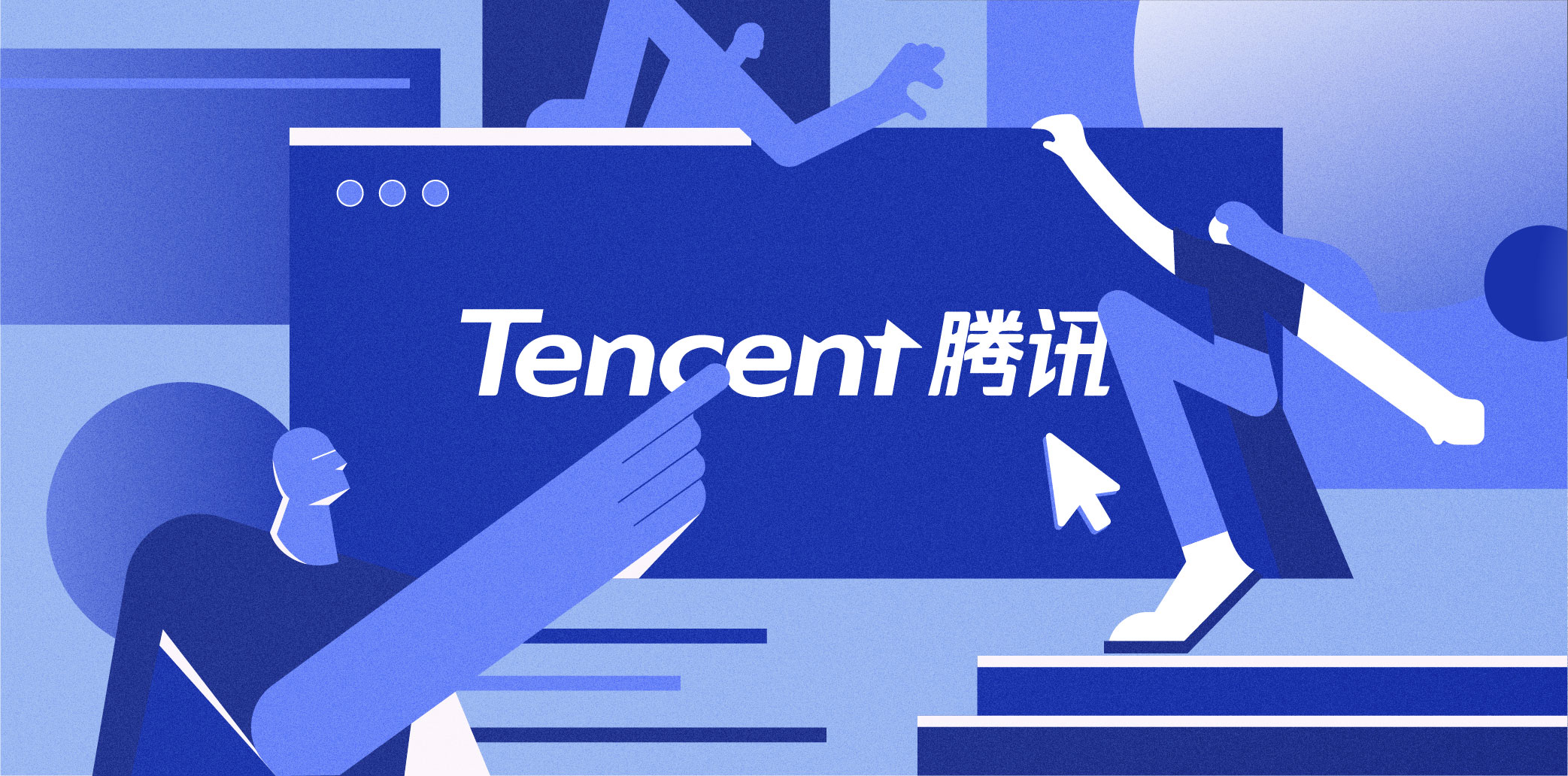China’s Tencent Holdings has quietly climbed to the top of the gaming market by making over 180 smaller but strategic investments, surpassing industry giants like Sony and Microsoft that have grabbed headlines with splashy acquisitions.
The Chinese tech titan led the industry in game-related revenue last year at USD 32.2 billion, well ahead of Sony’s USD 18.2 billion and Apple’s USD 15.3 billion, according to Dutch research firm Newzoo. This lead owes largely to Tencent’s wide-ranging portfolio, which includes US, European, and South Korean companies.
Tencent’s reach was illustrated by a tweet in late May from Daniel Ahmad, senior analyst at Niko Partners.
“New games from Tencent-backed studios dominated the Steam top sellers chart for the week,” he said, referring to a widely used computer gaming platform.
No. 4 on the list was Elden Ring, a Japanese action role-playing game released in February that sold 13.4 million copies worldwide in just over a month. Tencent bought into Elden Ring developer FromSoftware’s parent company, Kadokawa, last year alongside a business tie-up.
The company has carefully lined up a strong global roster of gaming partners while minimizing any hint of Chinese influence that might turn off wary players. Data from ITjuzi compiled by Nikkei shows that 40% of Tencent’s investment deals in the first half of 2022 were outside China, a large jump from the 18% share for all of 2021.
Its portfolio includes Riot Games, creator of e-sports fixture League of Legends; Supercell, a Finnish mobile game developer once owned by Japan’s SoftBank Group; Epic Games, the company behind Fortnite; and South Korea’s Krafton, best known for PlayerUnknown’s Battlegrounds.
“We thought that the partnership would sharply shorten the time needed to reach our goals,” said president Takayuki Kikuchi of Wake Up Interactive, a Tokyo-based company acquired by Tencent last year.
Tencent still faces challenges, not least of which is a less-friendly regulatory environment at home. China has restricted game playtime for children. It halted the mandatory screenings of new game releases last August, and while reviews resumed in April, no Tencent games have gotten the green light.
Changes are afoot in the global market as well, as major gaming companies make big acquisitions with an eye toward the burgeoning metaverse trend. Microsoft said in January it would buy Activision Blizzard, the company behind such big franchises as Call of Duty and Diablo, for USD 68.7 billion, with Sony announcing its USD 3.7 billion purchase of Destiny developer Bungie soon after.
Meanwhile, overseas markets have become more important to Tencent. The company said in June it plans a global release of Honor of Kings, its biggest in-house moneymaker, as early as this year.
Tencent’s value-added services segment, which includes games, is the company’s most profitable business, logging a gross profit margin of 52% in 2021. Its fintech and cloud operations are still in the initial stages of investment, while online advertising is enduring a rough patch as the reemergence of the coronavirus crimps consumer spending.
In the past, when Tencent made investments outside China, it avoided direct competition with big foreign platforms for users, seeing no need to rush expansion abroad when business at home was rock-solid.
This seems to be changing, as suggested by Tencent’s move last year to break out international game revenue in its earnings releases. China’s regulatory crackdown on big tech companies—from which its biggest rival, Alibaba Group Holding, is still struggling to recover—has pushed foreign markets higher on Tencent’s priority list.
This article first appeared on Nikkei Asia. It has been republished here as part of 36Kr’s ongoing partnership with Nikkei.

